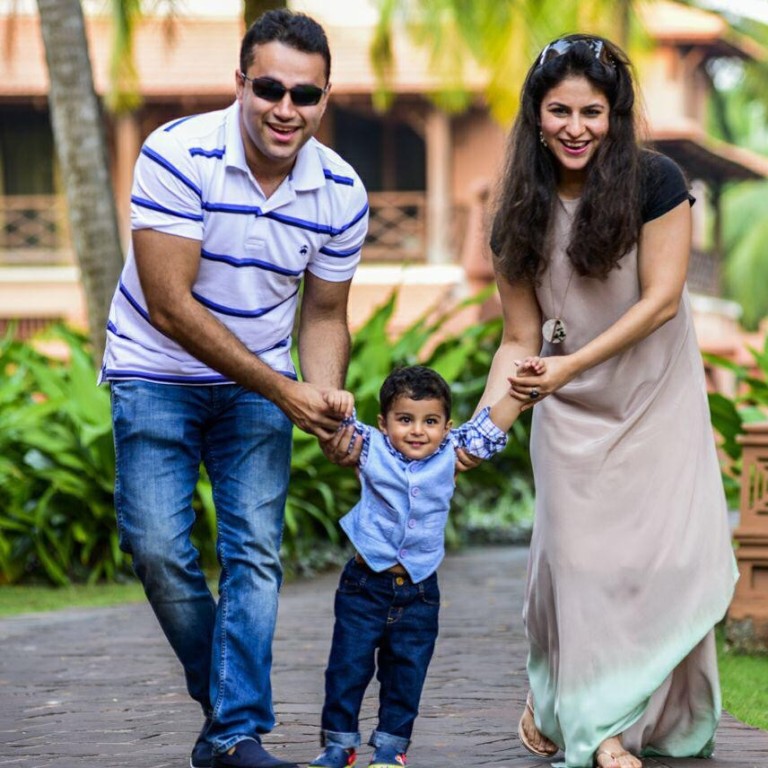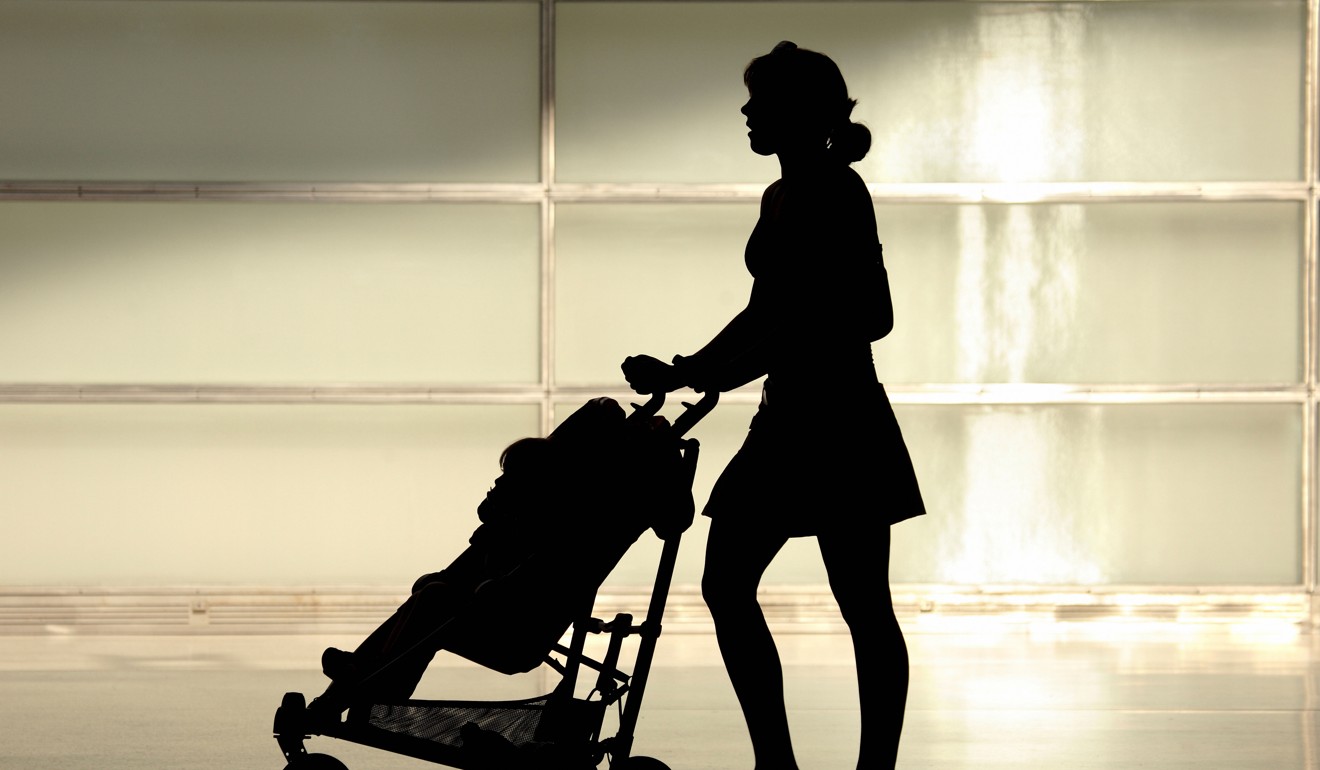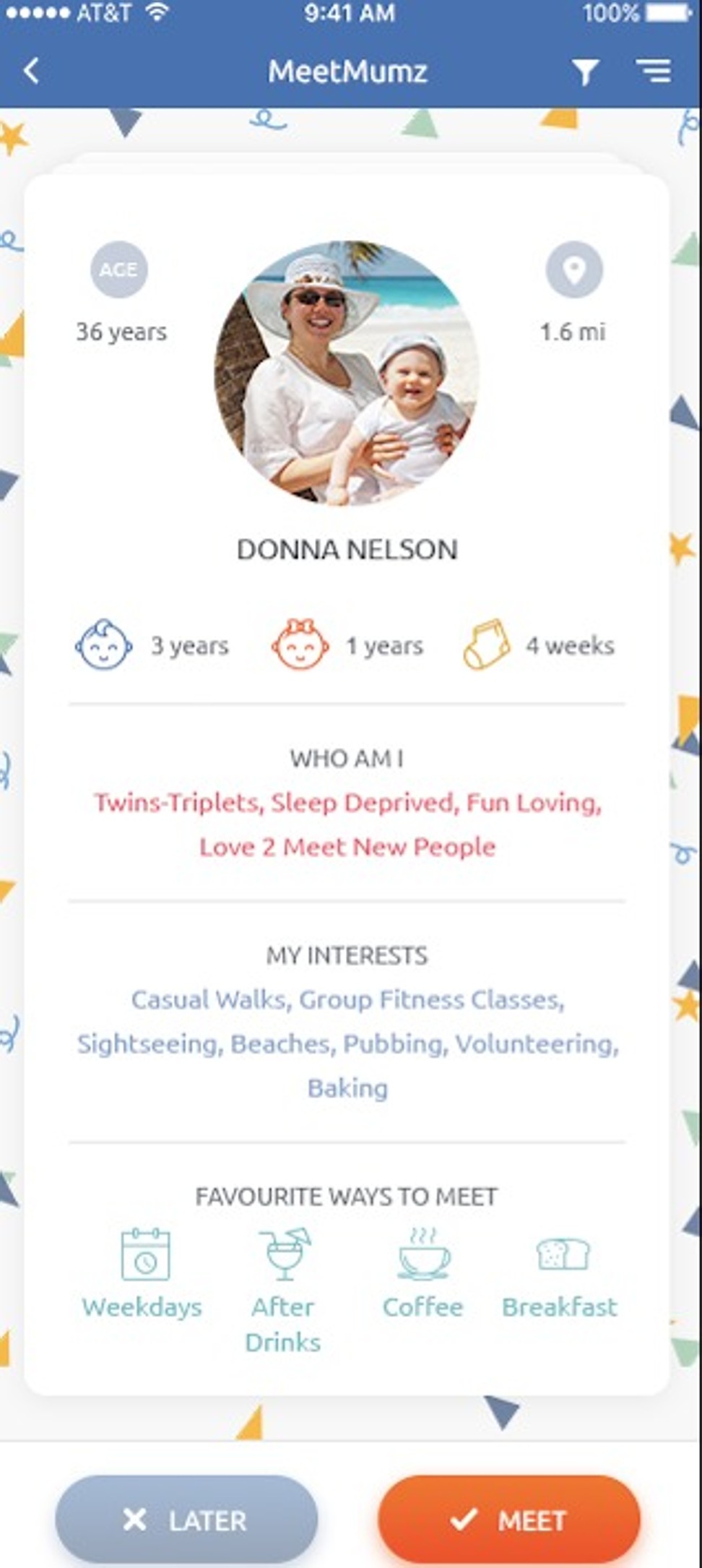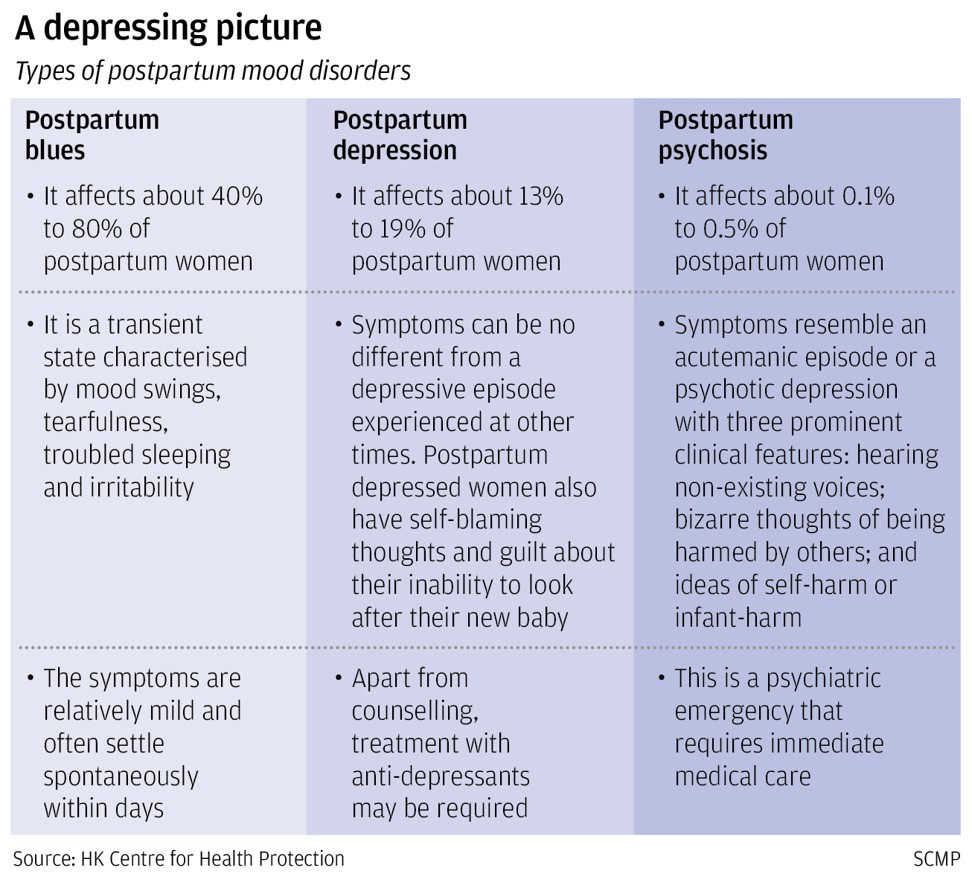
‘Tinder for mums’ aims to build a supportive community of parents in Hong Kong that’s just a swipe away
- Mumz is a Tinder-like app that helps mothers find, meet and connect with other like-minded parents in Hong Kong
- The entrepreneur found motherhood could be isolating at times, and hopes the app will ease the prevalence of ‘postnatal blues’ in the city
An adult conversation over a cup of coffee was one of the “small things” Ekta Tejwani craved after the birth of her first child, Jai, in 2016. “I wanted a break from my routine,” says the Hong Kong-based mother.
“Academically, I’ve always been at the top of my game,” says the computer science engineer, who led a team of eight software developers in India before moving to Hong Kong in 2009. “But then along came motherhood and it can be isolating and lonely, especially for those whose family support system is miles away.”
A mother’s battle with postnatal depression, and how she overcame it
“Don’t get me wrong, I have a very supportive husband. But when you’re a new mum you have moments where you love what you’re doing and don’t want anyone around. Then you have moments at 3am when you’re awake feeding and don’t know what to do, and feel totally alone.”
To help connect mums in the city, Tejwani first set up Facebook page MeetMumz, a platform for sharing social gatherings: play dates, coffee meet-ups, soccer and karate classes, wine tastings, dinner nights, Christmas picnics. “It was really popular and after each outing parents were so appreciative,” she says.
Now she’s taking it a step further with Mumz, an app that connects mums – and dads – based on their geolocation. “Yes, just like Tinder!” says Tejwani referring to the dating app.
“Even though Hong Kong’s small, who wants to travel? I wanted a geolocation-based platform that makes quick connections … The Facebook group is great, but trying to arrange a play date when, for example, one mum’s on Lantau and the other’s in Happy Valley wasn’t logistically logical.”
A child’s age, common interests and best times to meet are other factors the app takes into consideration.

“Commercial motivation wasn’t behind this; the idea was born because I’d use it myself. It’s a social enterprise, to build a community of mothers, not just stay-at-home mums but all mums: single mums, working mums, entrepreneurial mums. And I don’t want it limited to Hong Kong, but to be used further afield in Singapore and India.”
Tejwani also wants Mumz to help with a bigger and more serious health issue, one exasperated by a lack of social support.
Postnatal depression impacts between 13 per cent and 19 per cent of women globally. In Hong Kong, about one in every 10 women develops depression after giving birth, according to the Centre for Health Protection.

And it’s not just women who suffer. A 2016 study by the University of Calgary, Canada, found that eight per cent of the participating 41,400 men experienced postnatal depression.
There are many signs and symptoms, from mood swings, low self esteem, tearfulness and irritability, to low energy and libido. And while the exact cause of postnatal depression is unknown, emotional and physical factors such as hormonal changes and sleep deprivation are key factors.
Genetics also play a role. Doctors say a woman may be at risk of developing postnatal depression if she has a history of mood disorders and alcohol or substance abuse, is experiencing problems adjusting to motherhood, or has poor marital or in-law relationships.
Amid the joy of motherhood: the women left behind by depression
Most who suffer postnatal depression recover if symptoms are identified early and receive proper treatment and support. But stigma surrounding mental health – this is, after all, a time when a mother is expected to be overcome with joy, not sadness – means it often goes untreated.
“I wouldn’t say I [had postnatal depression], I would say I was suffering from the less severe postnatal blues,” says Tejwani, referencing one of the three main categories of postnatal mood problems: postnatal blues, postnatal depression and, the more severe, postnatal psychosis. Each category differs in its prevalence, clinical presentation, level of severity and management.

According to the Hong Kong Family Health Department, up to 80 per cent of new mothers in Hong Kong are affected by the “baby blues”, a figure that not only shocked Tejwani but motivated her to create the support network.
“I grew up in a large extended family, playing with cousins over the summer breaks. I have fond memories of going to parks, climbing trees, sharing food, [having] sleepovers and sharing space with all my cousins, uncles and aunts. Those memories are deeply etched in my mind,” recalls Tejwani, whose second child, a girl, is due in May.
“In Hong Kong I yearned for the same warm and fuzzy feelings I experienced growing up, especially for my son. But living as an expat and a new mother away from home, there was a huge support gap … People lived in their own little matchboxes and were very disconnected. I knew I had to do something.
“Now parents know support is just a swipe away,” she says.

Tips to help prevent postnatal depression
- Prepare for the pregnancy by ensuring you have your family and financial planning in order.
- Have realistic expectations for parenthood to help your adjustment to life after delivery.
- Enhance your social support network by opening up to other parents.
- Cultivate effective communication with you partner and other family members to improve understanding and support.
- Get enough rest and sleep, e.g. arranging household and childcare help after childbirth.
- Spare some time for leisure and relaxing activities, e.g. going for a walk or calling friends.
- Have a healthy diet. Do not smoke and avoid beverages containing alcohol.
(Source: HK Family Health Service)

